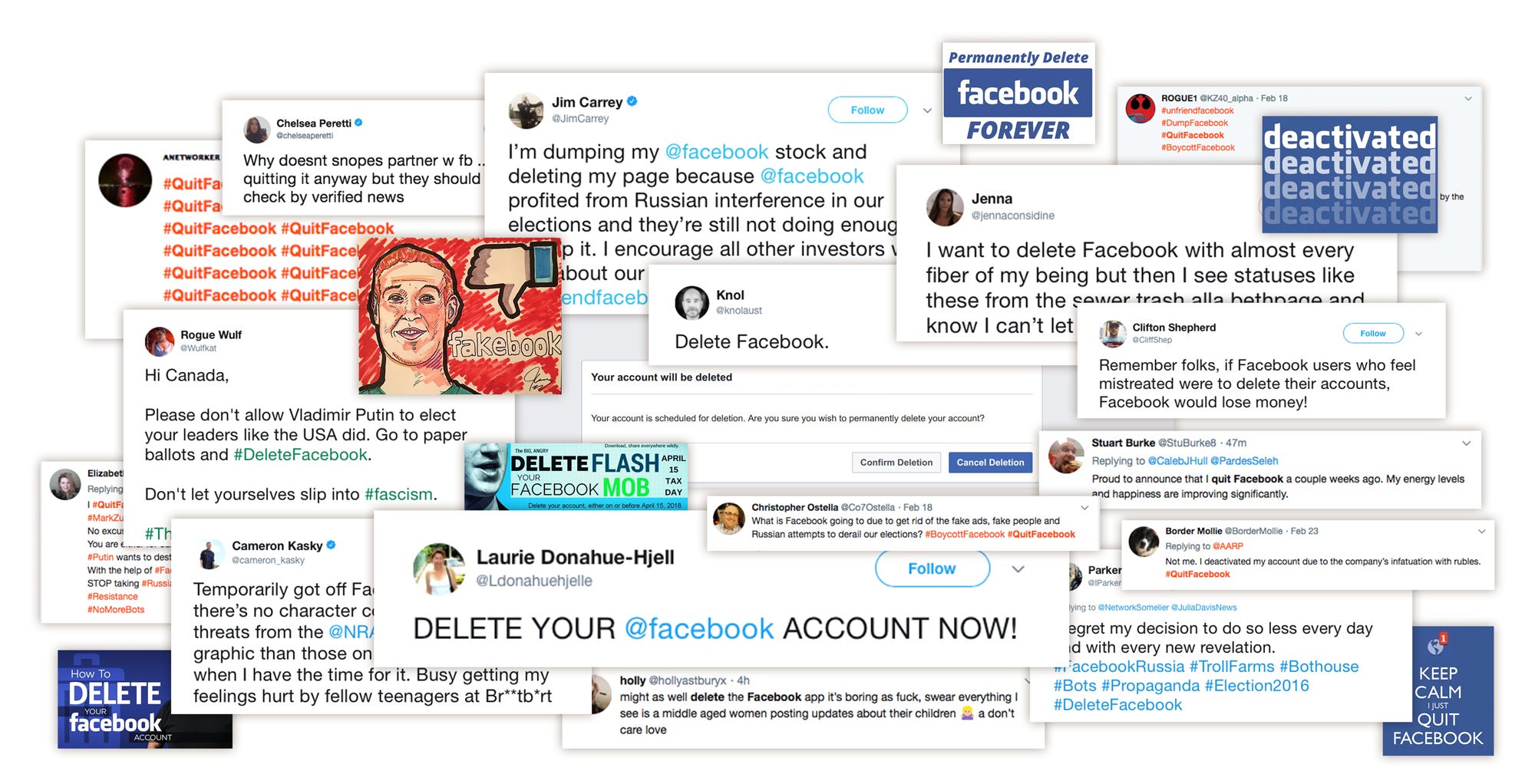The Death of Trust in Social Media
The era of trusting to get our news on social media is pretty much over, thanks to a number of controversies. This even as startups are seeking to leave Silicon Valley. The region’s prohibitive cost of living is sending startups and workers packing.According to The Economist, 46% of Bay Area residents say they plan to leave the area in the next few years, up from 34% in 2016.
The trust in social media has been broken and Silicon Valley may never again be the same as the enthusiasm for next waves of technology shifts from California to China. Bullet Messenger and Douyin are showing that apps in China have yet to even reach their golden-age. This as WeChat is more useful to consumers than WhatsApp, Instagram and Facebook combined.
The Exodus from Social Media Continues to Increase
Western consumers in North America and Europe seem particularly prone to leaving social media as Millennials mature and “get over” social media as an exercise in pointless digital consumption. At the same time, younger Millennials and GenZ are moving to video-first consumption. This is dire news for legacy feeds such as Facebook, Twitter and LinkedIn. The era of the algorithmic feed where personal, news and spam is all lumped together may be nearing an end.
Facebook is even looking into dating and blockchain to try to mend its trust problem. According to the biannual report (of CMOs), social media spending now accounts for 13.8% of brands’ total marketing budget — yet a third of the brands can’t even prove the ROI of it. Digital advertising is out of sync with consumers and it’s creating a vacuum of stale digital experiences and a lack of innovation in the West, where ad platforms dominate digital innovation. Social media spending can be a huge waste, with only 24.7% of marketers suggesting they are able to prove its impact quantitatively, and 39.3% unable to show its impact at all.

It’s game over for social media in 2024.
The era of trusting to get our news on social media is pretty much over, thanks to a number of controversies. This even as startups are seeking to leave Silicon Valley. The region’s prohibitive cost of living is sending startups and workers packing.According to The Economist, 46% of Bay Area residents say they plan to leave the area in the next few years, up from 34% in 2016.
The trust in social media has been broken and Silicon Valley may never again be the same as the enthusiasm for next waves of technology shifts from California to China. Bullet Messenger and Douyin are showing that apps in China have yet to even reach their golden-age. This as WeChat is more useful to consumers than WhatsApp, Instagram and Facebook combined.
The Exodus from Social Media Continues to Increase
Western consumers in North America and Europe seem particularly prone to leaving social media as Millennials mature and “get over” social media as an exercise in pointless digital consumption. At the same time, younger Millennials and GenZ are moving to video-first consumption. This is dire news for legacy feeds such as Facebook, Twitter and LinkedIn. The era of the algorithmic feed where personal, news and spam is all lumped together may be nearing an end.
Facebook is even looking into dating and blockchain to try to mend its trust problem. According to the biannual report (of CMOs), social media spending now accounts for 13.8% of brands’ total marketing budget — yet a third of the brands can’t even prove the ROI of it. Digital advertising is out of sync with consumers and it’s creating a vacuum of stale digital experiences and a lack of innovation in the West, where ad platforms dominate digital innovation. Social media spending can be a huge waste, with only 24.7% of marketers suggesting they are able to prove its impact quantitatively, and 39.3% unable to show its impact at all.

It’s game over for social media in 2024.

















